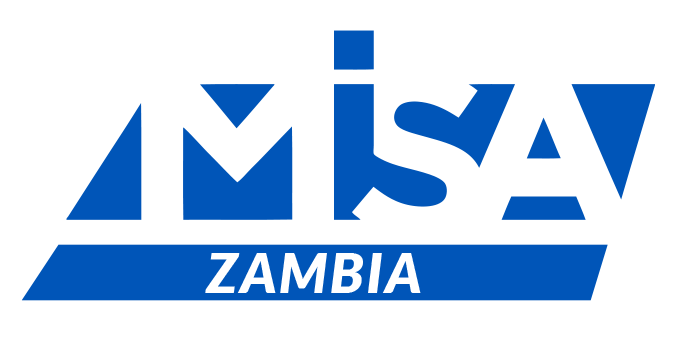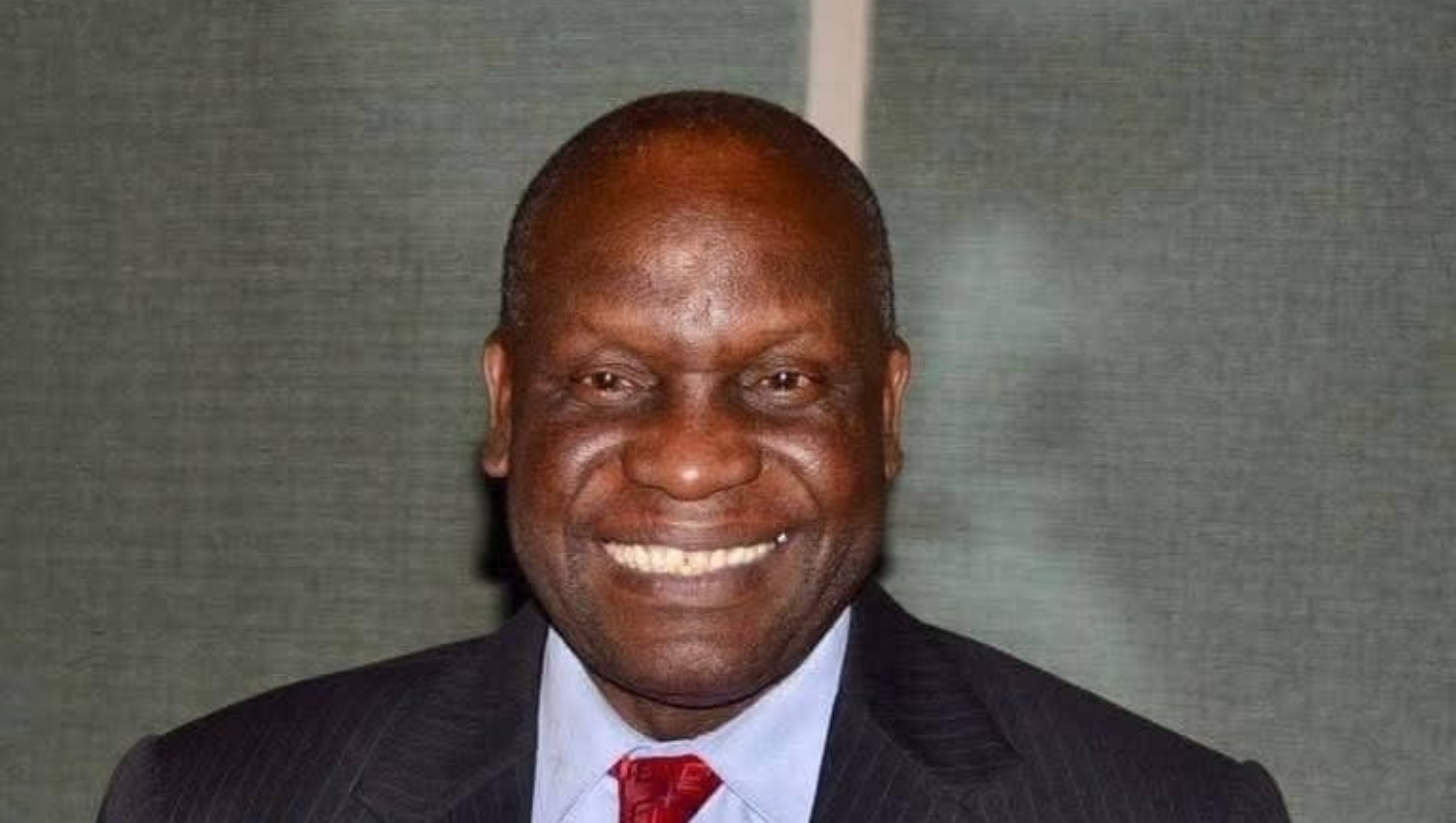Zambia successfully conducted its presidential election last week following the death of President Michael Sata in October 2014. The Zambian Constitution stipulates that following the death of the President, elections to elect a replacement must be held within 90 days.
Apart from the record-low voter turn out (only 32.33%), this election was significant not only in the country’s political development but also in the evaluation of the efficacy of the country’s media fraternity during contestation for political power at any level.
MISA Zambia recorded six reports of harassment and media rights violations in the build-up to the election, including attacks on two Post Newspaper photojournalists, two attacks on Muvi Television reporters and the storming of the government controlled Zambia National Broadcasting Corporation newsroom by some politicians.
Meanwhile, interim results from an Election Monitoring Study conducted by Media Monitoring Africa (MMA) show trends indicating “the Zambian media are clearly not doing enough to report elections in a way that enables the electorate to participate as fully informed citizens”.
According to the preliminary report, out of the fourteen media whose content was analysed, 23% of the stories were considered biased as compared to recent trends monitored in South Africa in which 15% of the monitored coverage was biased.
The study further shows that “event-based coverage” has led to some of the key issues such as health and education being sidelined, and despite making up over 50% of the population, children’s issues were nearly invisible.
Worse still, the issue of gender mainstreaming continues to arise and was, as such, a salient factor during the election. Here, the Media Monitoring Africa Zambia election report found that only 12% of the sources accessed were female.
Among several other issues the media had to grapple with was the question of equitable coverage as most of the political contenders cited what they alleged to be biased coverage by certain media houses, and demanded to be given prominent coverage.
For example, the leading opposition contender the United Party for National Development (UPND) obtained a court order to compel the main public broadcaster, ZNBC, to start attending and covering the former’s campaign rallies. However, an injunction compelling ZNBC not to bar, prohibit or deny the party’s candidate equitable and fair access to media coverage was later dismissed.
In the midst of this and other wrangles, some gains were made and established new trends that will hopefully be built upon in the next election. One such gain was the staging of a live presidential debate by privately owned Muvi Television, with support from various civil society organisations. This was momentous as it was the first locally organised debate and was broadcast across selected radio stations nationwide.
One of the matters arising from the media conduct observed during the election is of media endorsement (explicit or implied) of candidates during elections. This, of course, is a polemical subject on which much has been written and discussed. What remains, though, is recognition of the need for enhanced media ethics education and concerted action towards the common goal of equitable coverage.
Going forward, there is need to safeguard the media’s working environment during such a time; political parties involved should restrain their cadres and stop the harassment of journalists, even those perceived to be producing stories that are in the parties’ opinions, “in bad taste”.
Additionally, the law enforcement agencies must at all times be seen to act independently and should help to safeguard media freedom in the instances where it comes under threat. For this to be achieved, there will is a need to embark on education of the named agencies on media freedom. This will also include effective enforcement of the electoral code of conduct.
If this were in place, regrettable incidents such as the intimidation of a reporter at a campaign rally in Mongu could have been better handled, even by the police.
With the newly elected President Mr Edgar Chagwa Lungu in place, it is envisaged that much ground will be gained to help create an enabling media environment for a better dispensation.
Otherwise, all eyes are set on the announcement of key government personnel and possible policy environment shifts, which, among other issues, could also impact media freedom.
For more information, please contact:
Kamufisa Manchishi, Assistant Information and Research Officer, MISA Zambia
Tel: +260 211 292026
Email: kamufisa.manchishi@gmail.com









